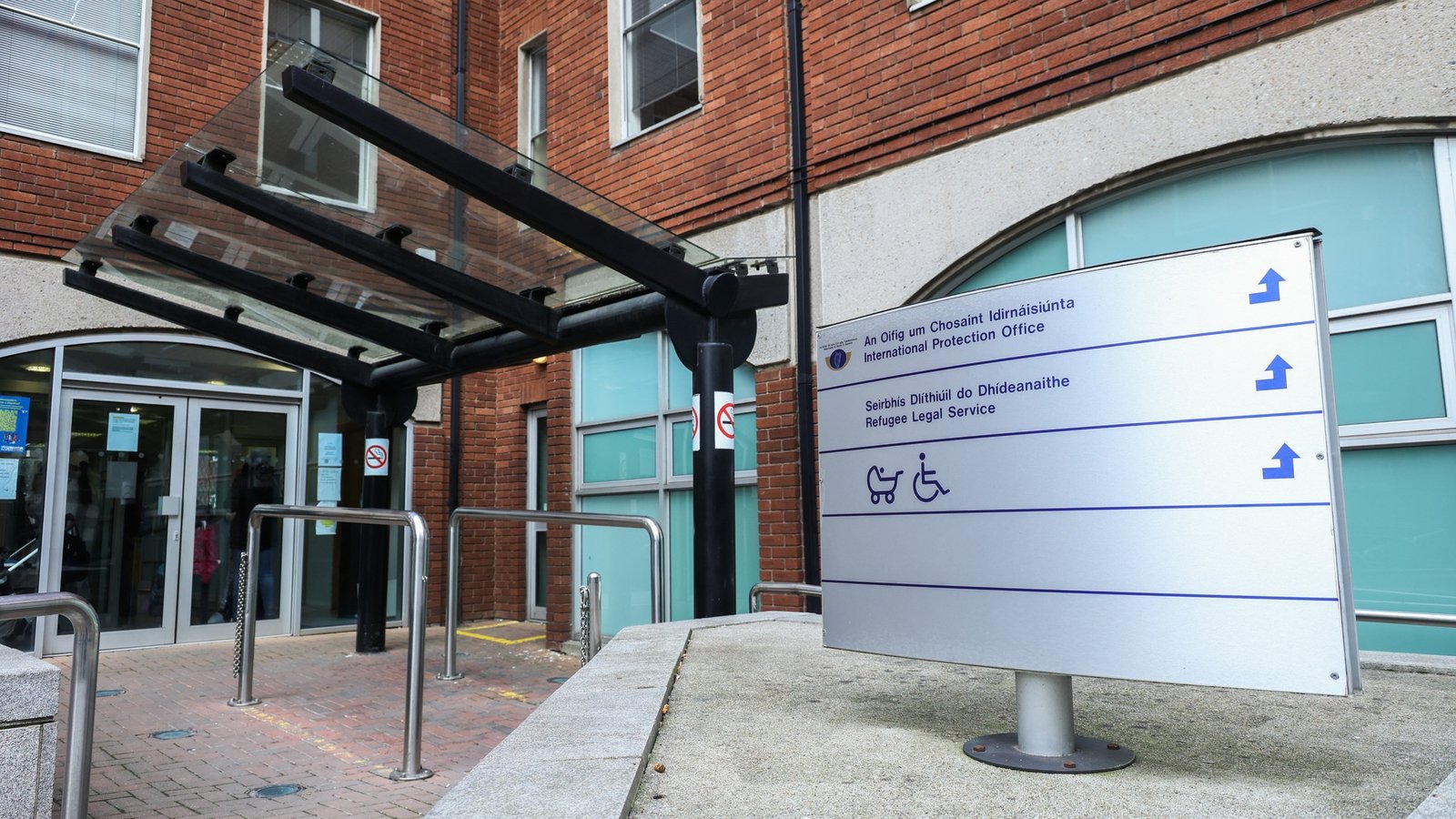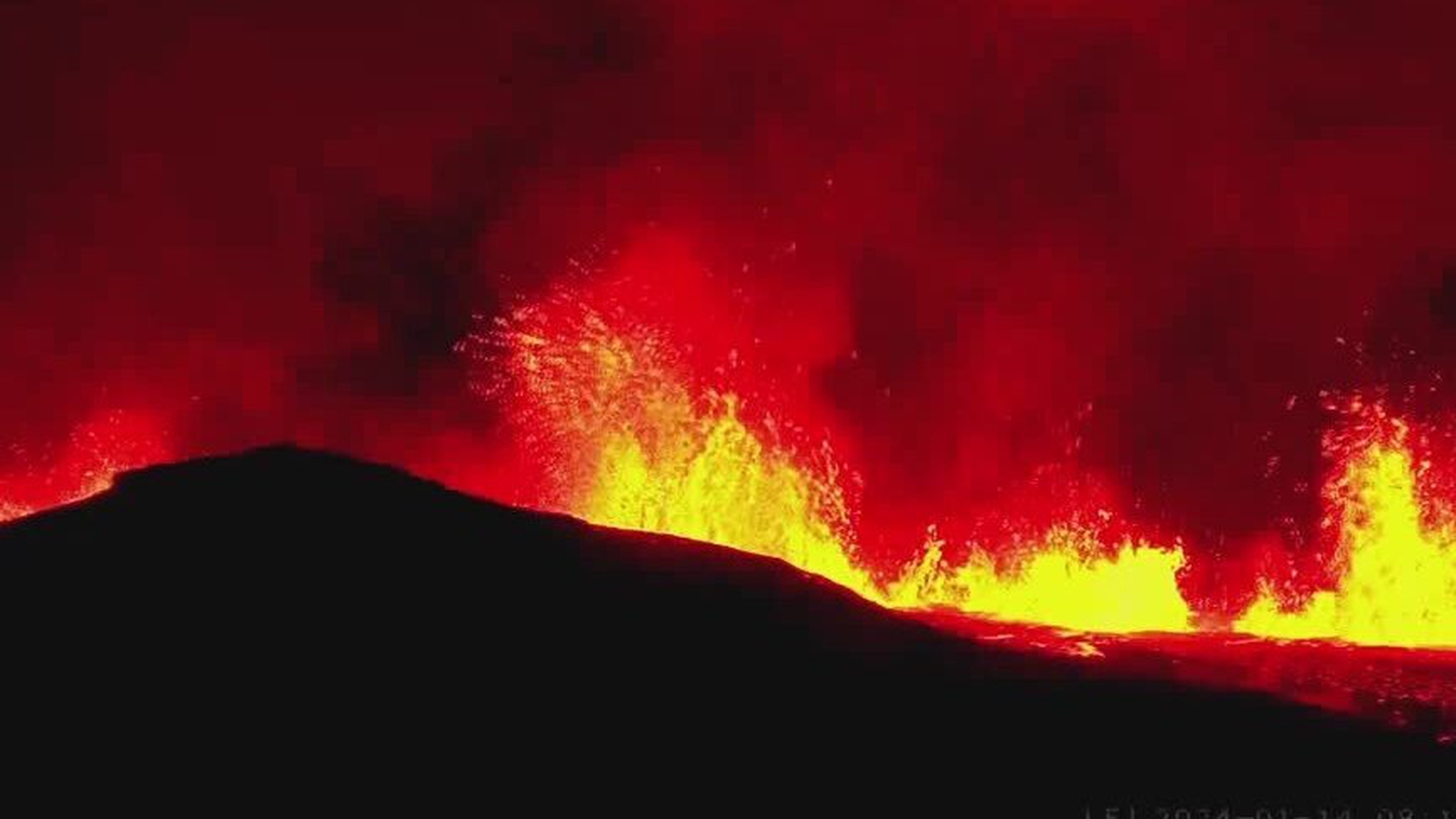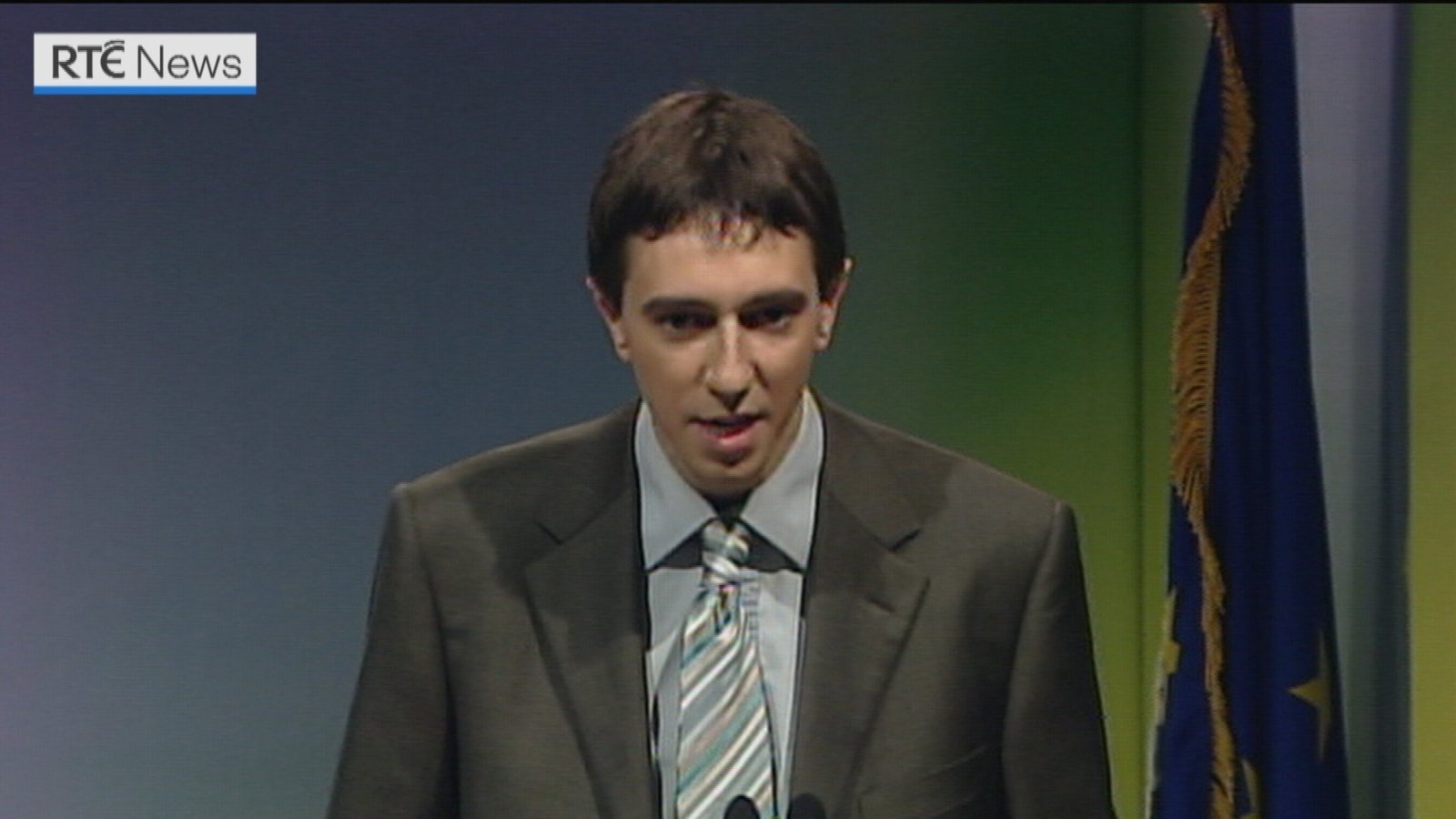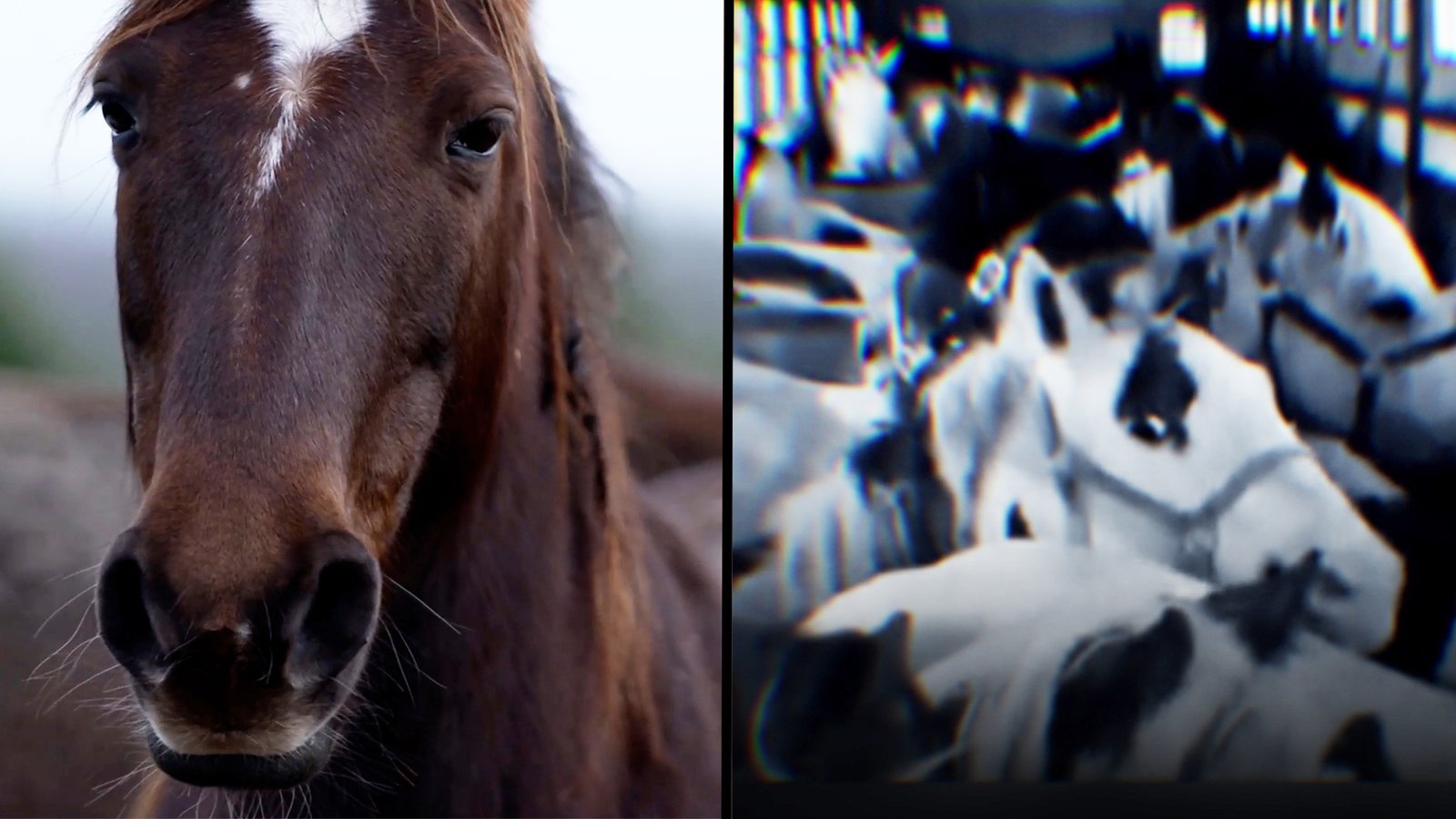Taoiseach to attend meeting of European Council
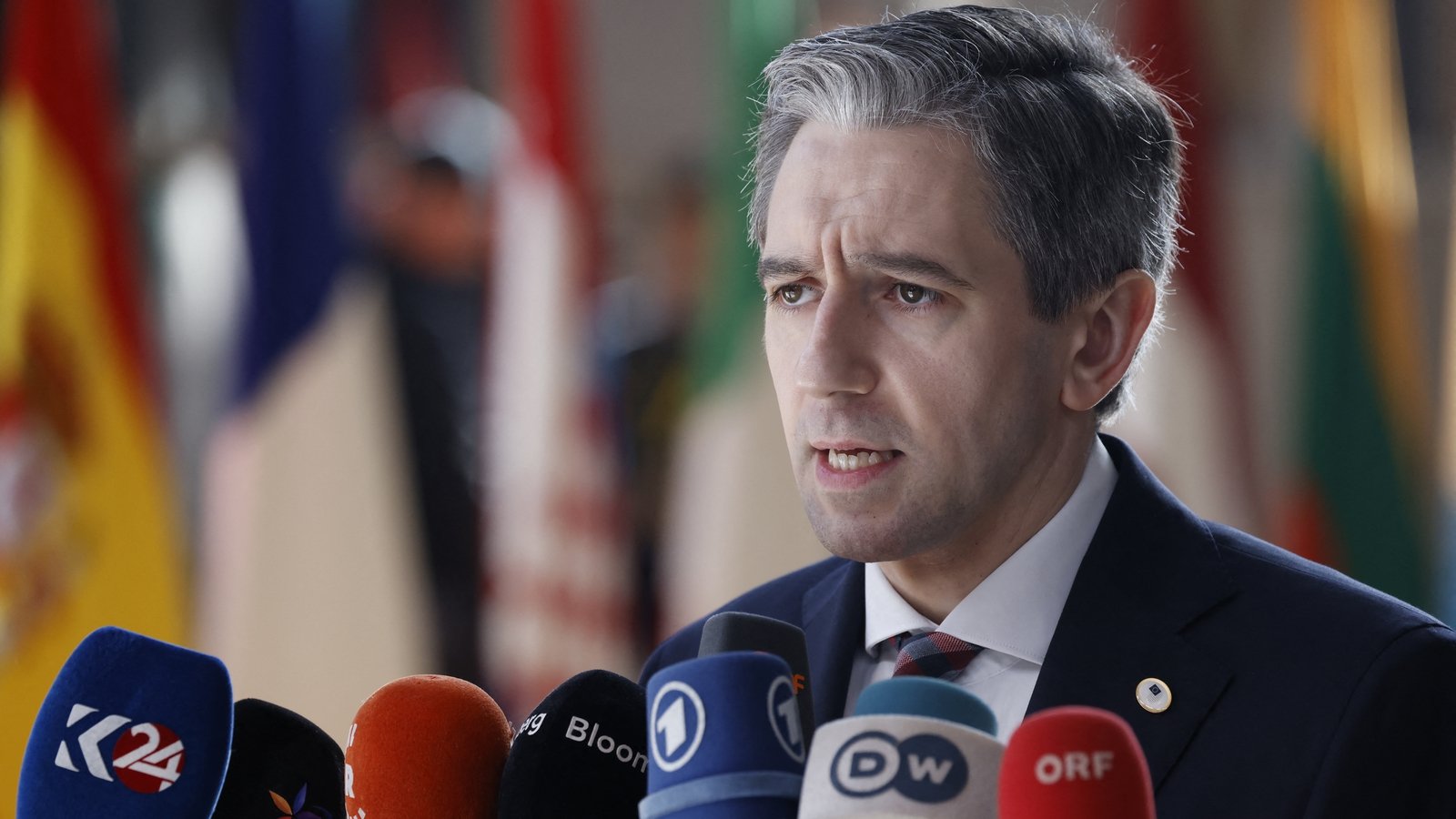
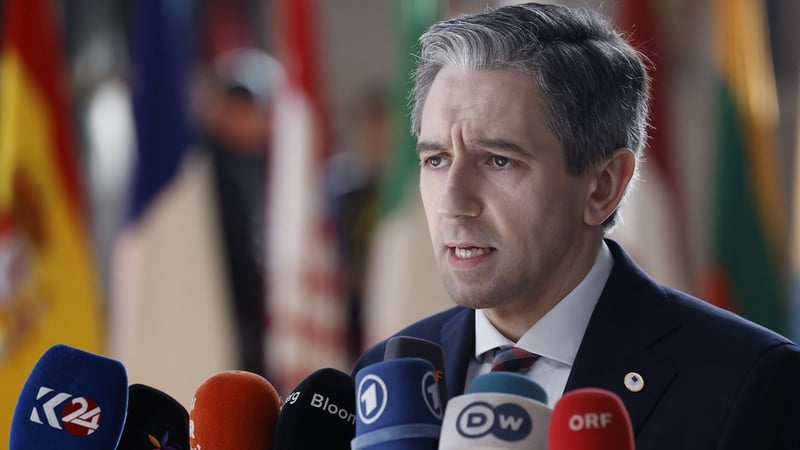
Taoiseach Simon Harris will support the nomination of Ursula von der Leyen for a second term as European Commission President when he joins 25 other EU leaders for a two-day summit in Brussels.
The Government is also supporting Portuguese Prime Minister Antonio Costa as the President of the European Council, and Estonian Prime Minister Kaja Kallas as the EU’s new foreign policy chief.
It is the first formal summit since the European parliament elections. The first task is to nominate the so-called top jobs – the president of the Commission, the Council and the high representative for foreign policy.
Those nominations have essentially been pre-cooked by negotiators from the three political groups who form a majority of the 27 EU leaders who comprise the European Council.
Italian Prime Minister Giorgia Meloni has let her displeasure be known that her hard right European Conservatives and Reformists group were not part of that process, given that they are expected to be the third biggest group in the European Parliament.
Italy will want a powerful Commission position as compensation.
Irish officials have said the Government supports Ms von der Leyen’s reappointment as commission president, despite the expectation that Fianna Fáil MEPs will vote against her when her nomination is put before a plenary session of the Parliament, probably in the middle of July.
Ukrainian President Volodymyr Zelensky will attend the summit in order to sign a security agreement with the European Union. It comes just days after Ukraine’s EU accession negotiations formally got under way, along with Moldova.
EU leaders are also expected to agree the union’s strategic agenda for the coming five year cycle. The last one was agreed in 2019, before the Covid-19 pandemic and before Russia’s invasion of Ukraine.
The council will also discuss a range of issues including the Middle East, Ukraine, security and defence and competitiveness.
Calls for defence line to be built
Ahead of the summit, Poland, Lithuania, Latvia and Estonia called for the EU to build a defence line along the bloc’s border with Russia and Belarus to protect the EU from military threats and other harmful activities from Moscow.
In a letter to the chairman of the EU, the leaders of the four countries that share borders with Russia and Belarus said the project, to protect the 27-nation bloc of 450 million people, would also need the financial support of all members.
“Building a defence infrastructure system along the EU external border with Russia and Belarus will address the dire and urgent need to secure the EU from military and hybrid threats,” said the letter of the four leaders, seen by Reuters.
Hybrid threats refer to a combination of military and non-military as well as covert and overt means, including disinformation, cyberattacks, economic pressure and the pushing of migrants across borders.
“The scale and costs of this joint endeavour require a dedicated EU action to support it both politically and financially,” the letter said.
Some EU diplomats estimated the cost of building such a defensive line on the ground along the 700km EU border with Russia and Belarus at around €2.5bn.
European investment in defence and its financing will be one of the main topics of discussion among EU leaders at the summit, as Russia’s war against Ukraine has entered its third year and Moscow is stepping up hybrid operations against the West.
The call for a jointly funded ground defence line on the eastern border of the European Union comes on top of an earlier initiative by Greece and Poland to create an EU air defence system, modelled on the Israeli Iron Dome, that would co-ordinate the now separate air defence systems of EU countries.
“Extraordinary measures need to be employed as the EU’s external border must be protected and defended with military and civilian means,” the letter of the four countries said.
The letter said the planning and execution of the defence line on the EU’s eastern border should be done in co-ordination with NATO and its military requirements.
Additional reporting Reuters

